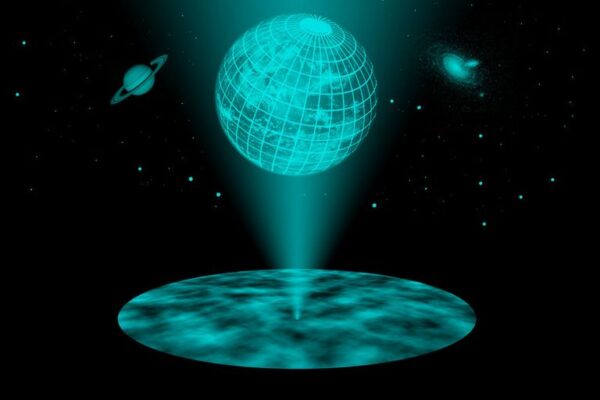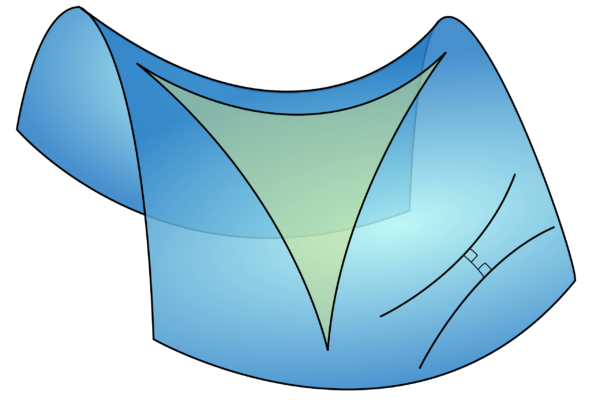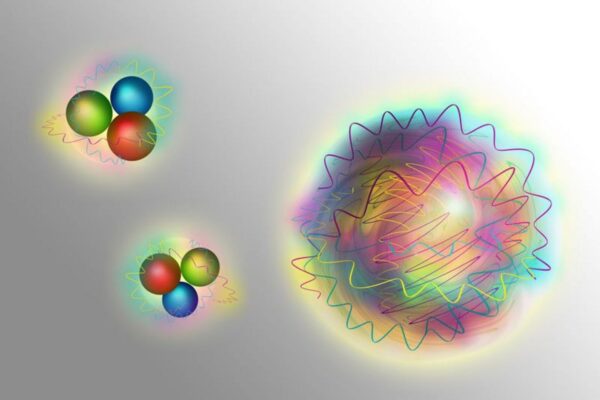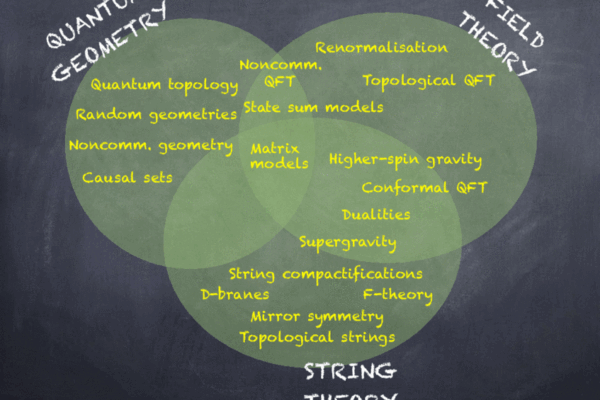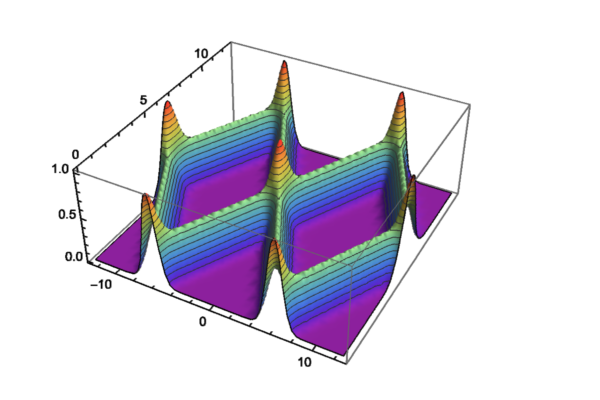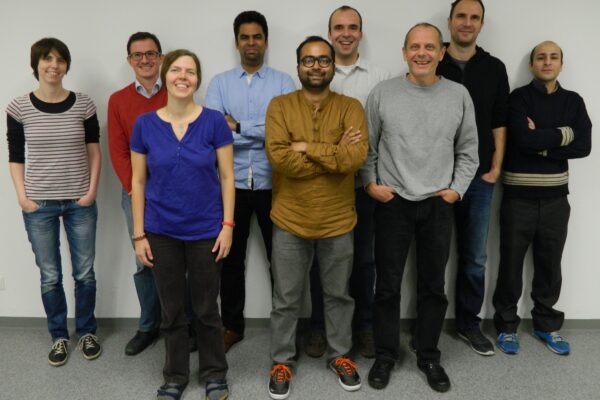WHAT IS STRING THEORY?
String theory is a theoretical framework in physics that, instead of point-like particles, treats one-dimensional objects called strings as their fundamental objects. String theory describes how these strings propagate through space and interact with each other. At very large distances, a string looks just like an ordinary particle, with its mass, charge, and other properties determined by the vibrations of the string.
String theory is a broad and varied subject and can address several deep questions of fundamental physics. String theory has contributed many advances to mathematical physics, which have been applied to a variety of problems in black hole physics, early universe cosmology, nuclear physics, and condensed matter physics, and it has stimulated several major developments in pure mathematics.
STRINGS 2022 – VIENNA
Strings 2022 will take place in the city center of Vienna, Austria. It is organized by the University of Vienna in cooperation with the Technical University of Vienna (TU Wien), the FWF Austrian Science Fund, the Austrian Academy of Sciences (ÖAW) and the city of Vienna.
Strings is a series of annual conferences bringing together the string theory community; it is the major conference in the field. The series started at the end of the 1980s.
Registration will open in March 2022. Outreach activities will commence in January 2022.
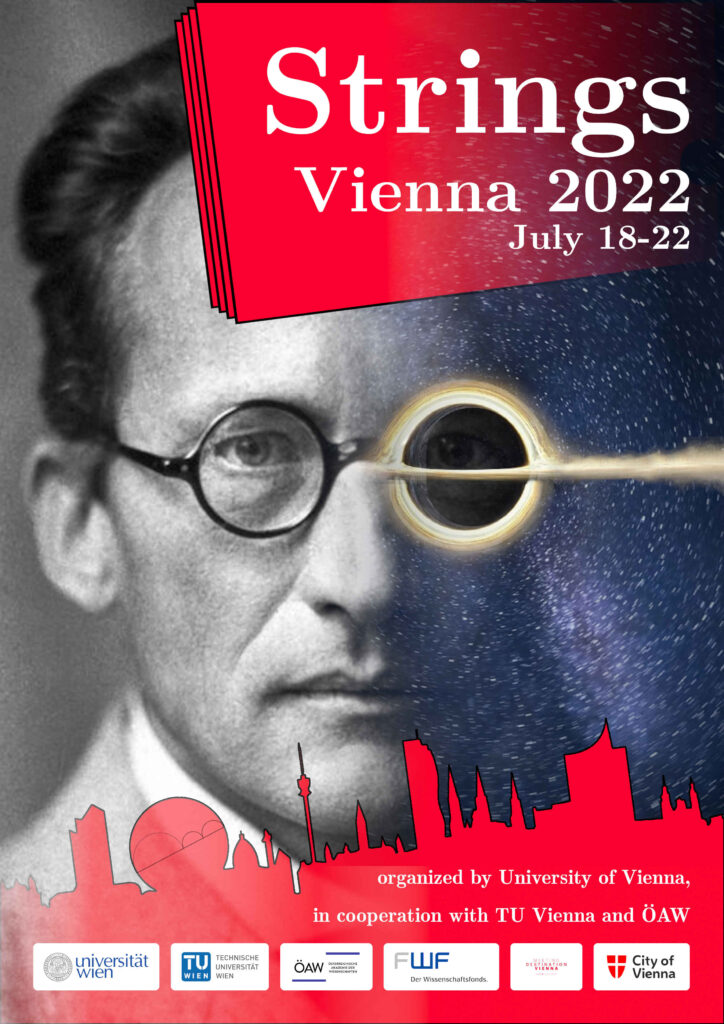



TALKS AND SEMINARS IN VIENNA
The Calendar of Physics Talks Vienna offers a forum for announcing talks and seminars in the fields of physics, mathematics and nonlinear sciences. These subjects are split up in 14 categories, see arxiv.org.
The Joint Theory Seminar is jointly organized by the University of Vienna and the Technische Universität Wien. The Topic of the seminar is recent theoretical research in the areas of mathematical physics, high energy physics, physics of fundamental interactions and particle physics.
Research Groups
About this website
This website has been created by Max Riegler², a former member of the Institute for Theoretical Physics at TU Wien.
The current administrator is Stefan Prohazka, a member of the Mathematical Physics group at the University of Vienna.

²Max Riegler has received funding from the European Union’s Horizon 2020 research and innovation programme under the Marie Skłodowska-Curie grant agreement No 832542.
